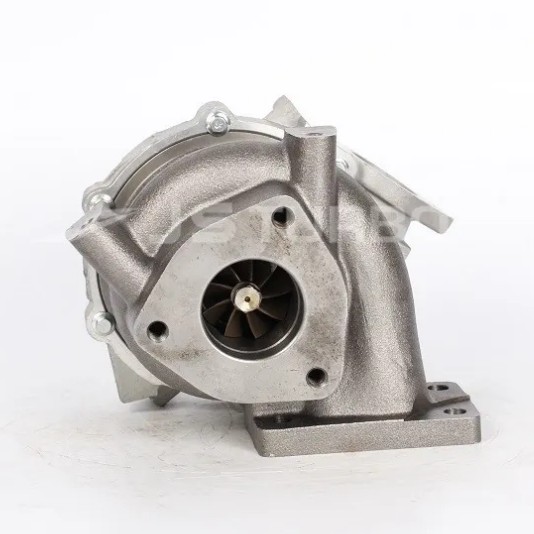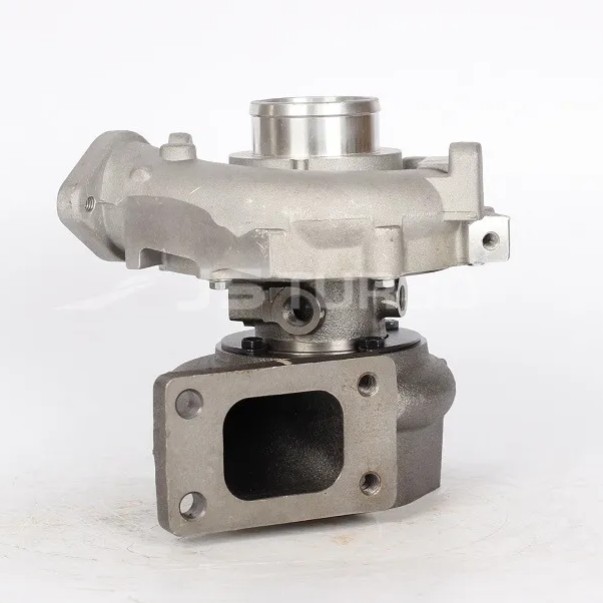
Blocking factors of turbochargers
2023-06-21 14:00A turbocharger is a device used to improve engine performance. It compresses air and sends it into the engine, allowing more fuel to be burned, thereby increasing power output. However, during the use of turbochargers, there may be some blocking factors that affect their performance.
The blockage of the air filter can affect the operation of the turbocharger. The main function of an air filter is to filter the air entering the engine and prevent impurities such as dust and sand from entering the interior of the engine. However, over time, impurities in the air filter will gradually increase, leading to blockage. When the air filter is blocked, the air flow rate decreases, and the speed of the turbocharger decreases, thereby affecting the performance of the engine.
Blockages in the exhaust system can also affect the operation of the turbocharger. A turbocharger drives the compressor by pushing the exhaust gas discharged from the engine onto the turbine wheel, compressing the air into the engine. However, if there is a blockage in the exhaust system, it will result in the exhaust gas being unable to flow out, thereby affecting the speed of the turbine impeller and the efficiency of the compressor.
The design and manufacturing quality of turbochargers also have an impact on their performance. A turbocharger is a high-precision mechanical device that requires precise machining techniques and high-quality materials to ensure its stable operation and long lifespan. If the design and manufacturing quality of the turbocharger is poor, it will lead to excessive eccentricity of the turbine impeller and compressor, and even problems such as cracks, thereby reducing its work efficiency and lifespan.
In summary, when using turbochargers, we need to regularly replace the air filter, inspect the exhaust system, and choose high-quality turbocharger products to ensure their normal operation and long lifespan.


